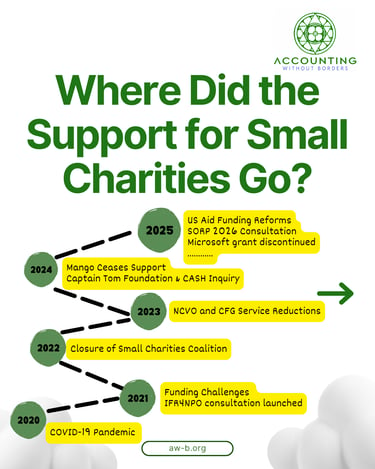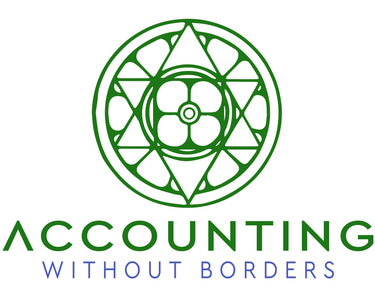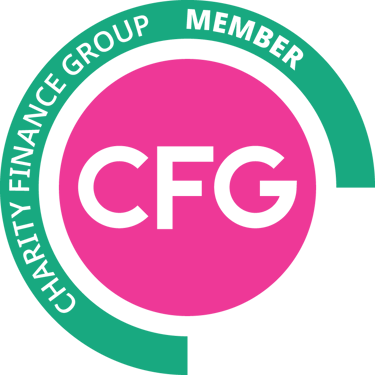Navigating the Challenges of Dwindling Support for UK Small Charities
Support for UK Small Charities
UK SMALL CHARITIES
Accounting Without Borders
3 min read


The Financial Squeeze
A major challenge highlighted in the sources is the financial vulnerability experienced by many small charities. Public trust and confidence are crucial for their financial resilience, as greater trust can lead to increased donations6. Unfortunately, the UK has seen a dramatic fall in public donations, particularly affecting smaller charities. While the UK public remains a significant source of funds for the sector, relying on traditional sources like donations and grants can leave organisations on a "cliff-edge," with resources awarded for fixed periods and then dropping off, necessitating a constant search for new funding.
Furthermore, grant makers, while showing a "lighter touch" during the pandemic regarding reporting burdens, have not significantly increased long-term investment in charities' work Statutory funding through public service contracts is often tied up in competitive tendering processes. These opportunities have historically only attracted a small section of the Third Sector, and even medium-sized and larger organisations have become less likely to engage, potentially due to the value of contracts being squeezed.... This means many smaller charities may not have the capacity or capability to bid for or deliver such services.
The Strain on Support Systems
Compounding the financial challenges is the pressure on the organisations that provide essential accountancy and support services to small charities. These providers, such as community accountants and Councils for Voluntary Service (CVSs), are often small organisations themselves. This mirrors the capacity challenges faced by their clients and can limit their ability to expand and meet the rising demand for support. Worryingly, the number of these support providers appears to have decreased.
This creates a gap where many small charities struggle to access the financial skills and experience needed to operate effectively. Areas like budgeting support, financial planning, tax advice (including Gift Aid), and even basic bookkeeping and reporting can be complex and daunting for non-finance professionals who often manage these tasks in smaller organisations.... While national bodies like the Charity Finance Group (CFG) and NCVO offer resources and guidance..., there is a recognized need for more practical templates, digital resources, and tailored support to help providers and charities navigate these complex areas efficiently.
Building Resilience in Challenging Times
Despite the difficulties, the sources also offer insights into building resilience. Strengthening financial management capacity is key. This involves core tasks such as planning and budgeting, maintaining accurate accounting records, generating informative financial reports, implementing sound financial controls, and engaging with external audits where necessary. Importantly, leaders, managers, and programme staff don't need to be accountants to improve financial management – basic skills and the right tools can make a significant impact.
Diversifying income sources beyond grants and donations is crucial for long-term sustainability. Exploring earned income from trading or seeking out donors willing to fund core costs are potential avenues. Building reserves is also recommended as a safety net to help organisations manage temporary dips in funding or unexpected expenditures.... Having a clear reserves policy demonstrates responsible management to stakeholders, including donors.
Beyond individual organisational efforts, collaboration between charities can help maximize resources and impact, particularly when resources are scarce. Investing in leadership and management skills is also vital to strengthen governance, strategic planning, and operational resilience.
Bodies like CFG and NCVO are working to support the sector, including through partnerships like the one between FSI and NCVO which hosts a helpdesk and resource hub specifically for small charities. Support needs to be practical, low-cost, and leverage digital channels to reach a large number of small organisations with limited capacity.
A Call for Action
The challenges facing UK small charities are significant, but their role in society is indispensable. To navigate this difficult period, bold action is needed from funders, policymakers, and leaders across the Third Sector. Funders are urged to consider moving towards multi-year, unrestricted funding and simplifying application and reporting requirements. Policymakers must recognize small charities as a national asset requiring urgent investment and streamlined processes. And within the sector, a continued focus on strengthening financial leadership, encouraging collaboration, and utilising available support and resources is essential for building resilience and ensuring that small charities can continue their vital work.
Small charities are the vital backbone of communities across the UK. They work tirelessly to support the most vulnerable in society and deliver essential services. However, many are currently facing significant challenges, struggling due to rising demand, persistent financial pressures, and increasingly insecure funding. This difficult operating climate poses a serious threat to their future and the vital work they do.
We have analysed this in our recent Linkedin post
Copyright © 2023 Charity Finance Group. All rights reserved
AWB is a trading name of Accounting Without Borders Limited


If you have a general enquiry rather than a question for a specific partner, then please phone or email us and we will respond as quickly as possible
General enquiries:
UK & Europe +44 (0) 207 123 7061
US & Canada +1 (646) 914 0609
Email: hello@aw-b.org




